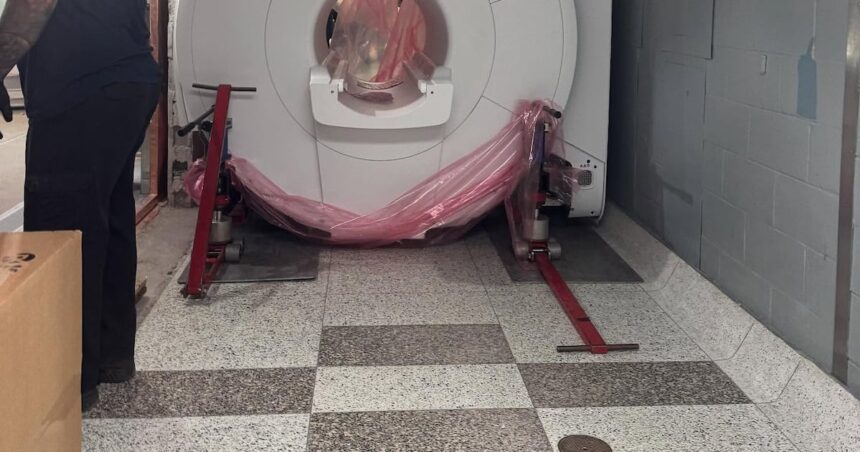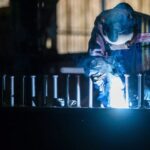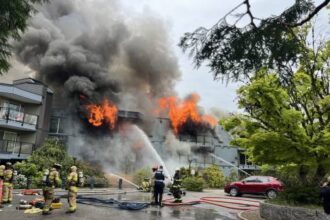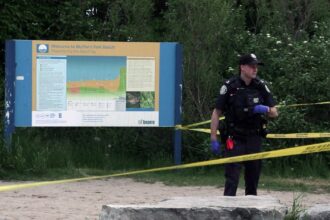In a landmark moment for healthcare access in South Georgian Bay, Collingwood General and Marine Hospital has unveiled its first-ever magnetic resonance imaging (MRI) machine, marking the culmination of years of community fundraising and planning. The sophisticated diagnostic equipment, which began serving patients this week, represents a transformative step in the hospital’s ability to deliver comprehensive care without requiring residents to travel significant distances.
“This is truly a game-changer for our community,” said Norah Holder, President and CEO of Collingwood General and Marine Hospital. “Patients who previously faced lengthy trips to Barrie, Orillia, or even Toronto can now receive vital diagnostic imaging right here in Collingwood, often reducing wait times from months to weeks.”
The $2.5 million MRI installation comes after an intensive community fundraising campaign led by the hospital foundation, which saw unprecedented support from local businesses, seasonal residents, and year-round community members. The hospital estimates the new equipment will serve approximately 3,500 patients annually, dramatically reducing travel burdens for residents throughout South Georgian Bay.
Dr. Michael Lisi, Chief of Diagnostic Imaging, emphasized the clinical significance of the installation. “MRI technology provides unparalleled soft tissue imaging capability that’s essential for diagnosing everything from stroke and cancer to sports injuries and neurological conditions. Having this technology on-site means we can provide faster diagnosis, which directly translates to better patient outcomes.”
For many local residents, the new service eliminates what was often a challenging logistical ordeal. Sarah Thompson, a Collingwood resident who previously had to coordinate transportation to Barrie for regular MRI scans, called the development “life-changing.”
“When you’re dealing with health issues, the last thing you need is the added stress of figuring out how to travel an hour away for a necessary scan, especially during winter months when road conditions can be treacherous,” Thompson noted.
The hospital has also hired additional technologists and support staff to operate the new equipment, creating healthcare jobs in the region while expanding service hours to include evenings and weekends to accommodate more patients.
Local municipal leaders have praised the addition as part of broader efforts to build more resilient healthcare infrastructure in the region. Collingwood Mayor Yvonne Hamlin called it “a vital investment in our community’s future” that strengthens the area’s appeal for both new residents and businesses considering relocation.
While the MRI represents a significant advancement, hospital administrators acknowledge it’s just one component of needed healthcare expansion in the rapidly growing region. Plans for a comprehensive hospital redevelopment continue to progress, though funding challenges remain.
As healthcare systems nationwide struggle with resource constraints, could this community-driven approach to funding critical diagnostic equipment become a model for other underserved regions? The success in Collingwood suggests that when communities mobilize around healthcare access, transformative improvements become possible even before larger infrastructure investments can be secured.
























